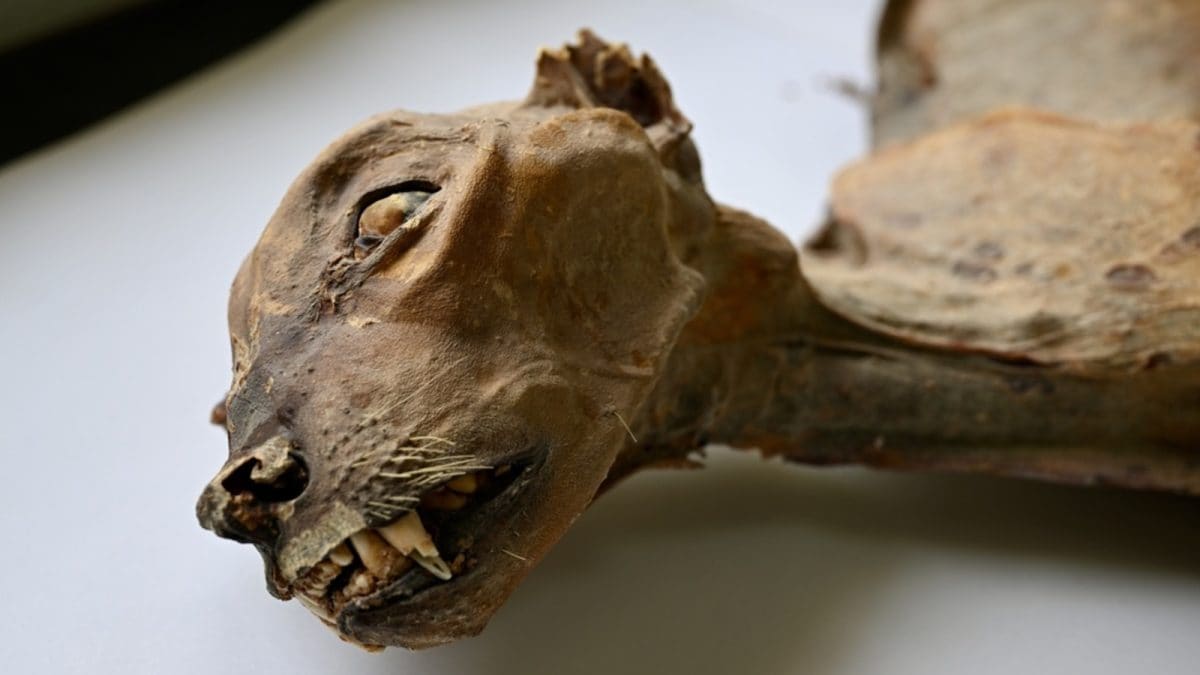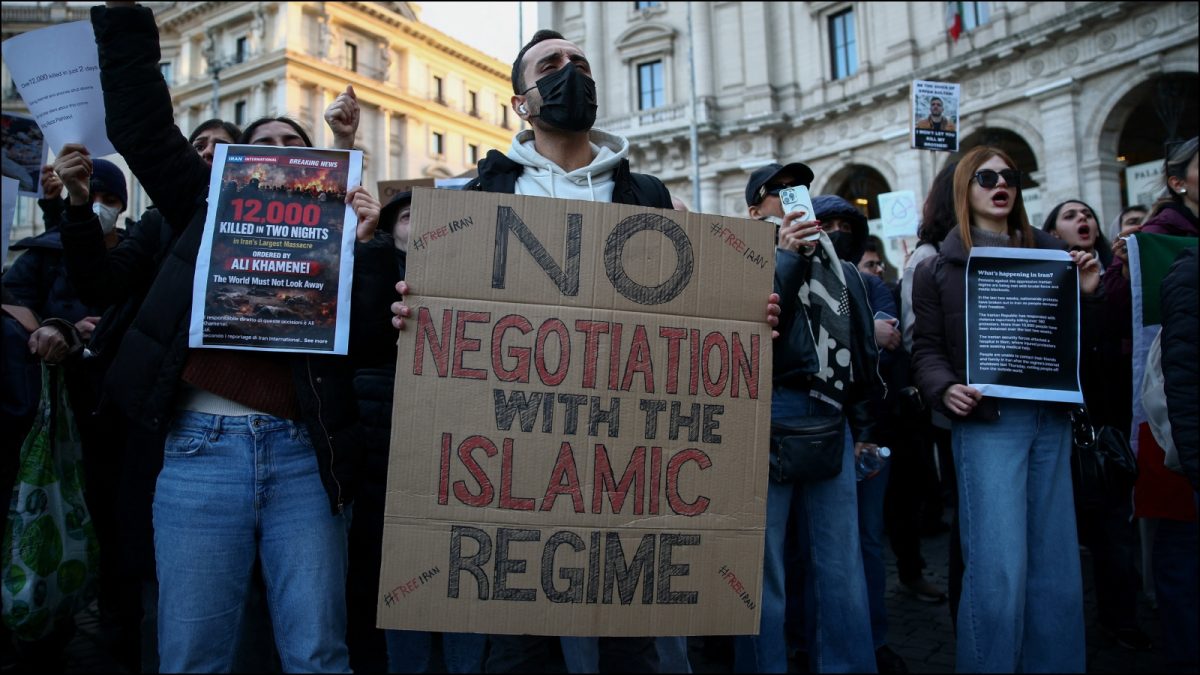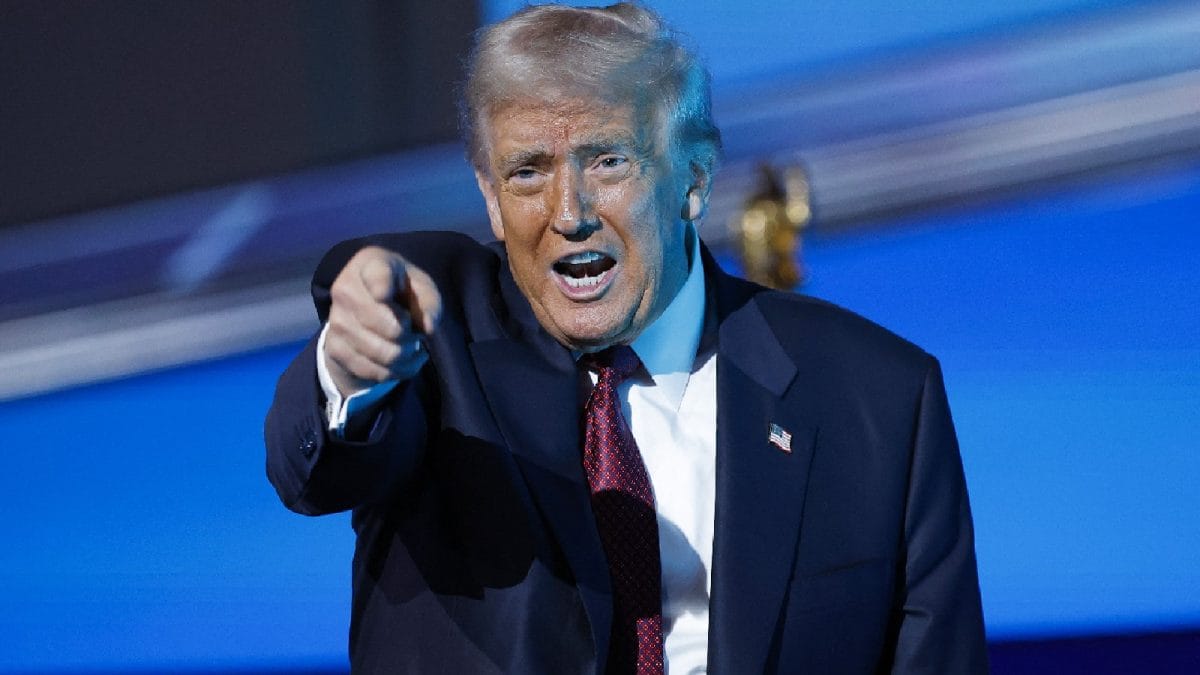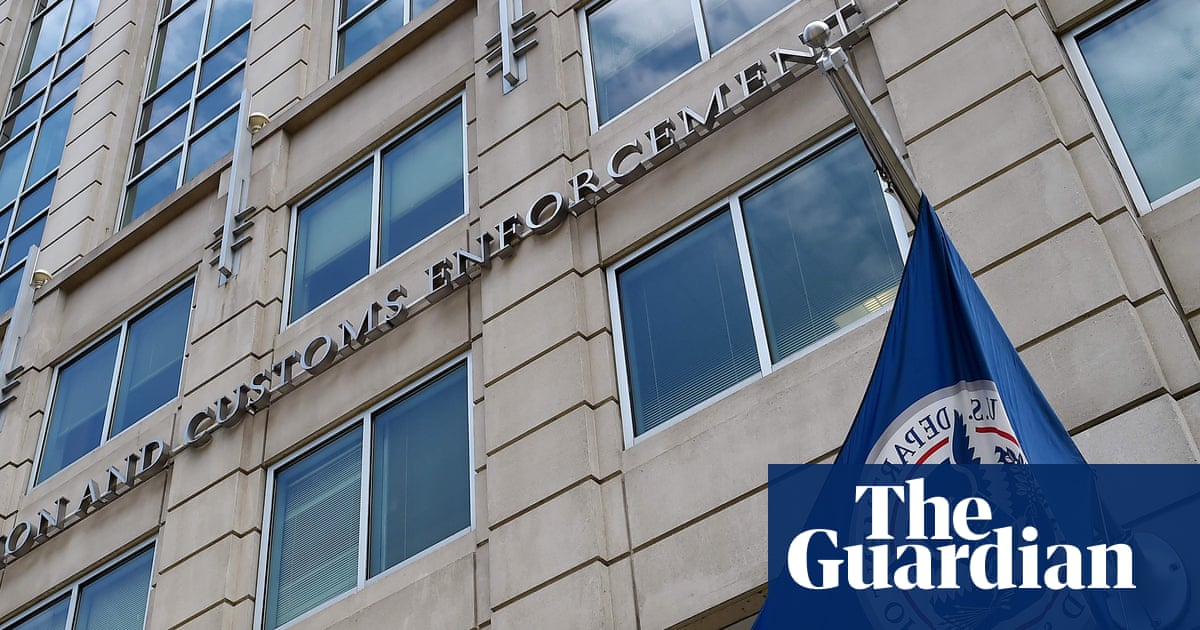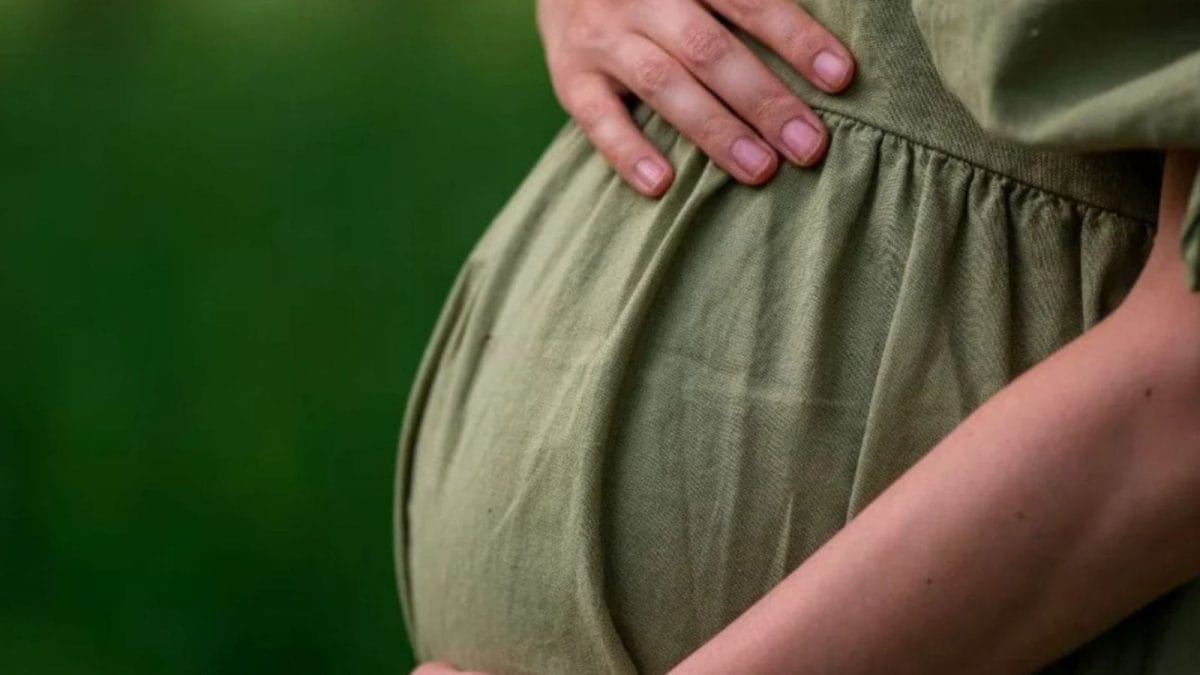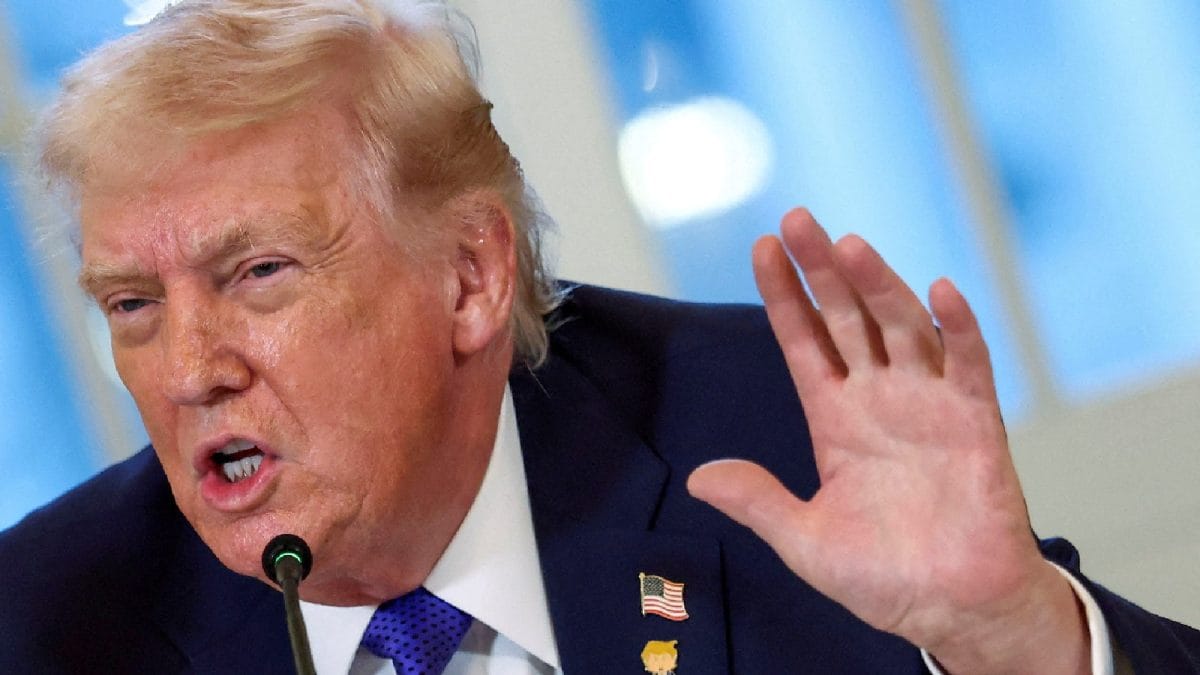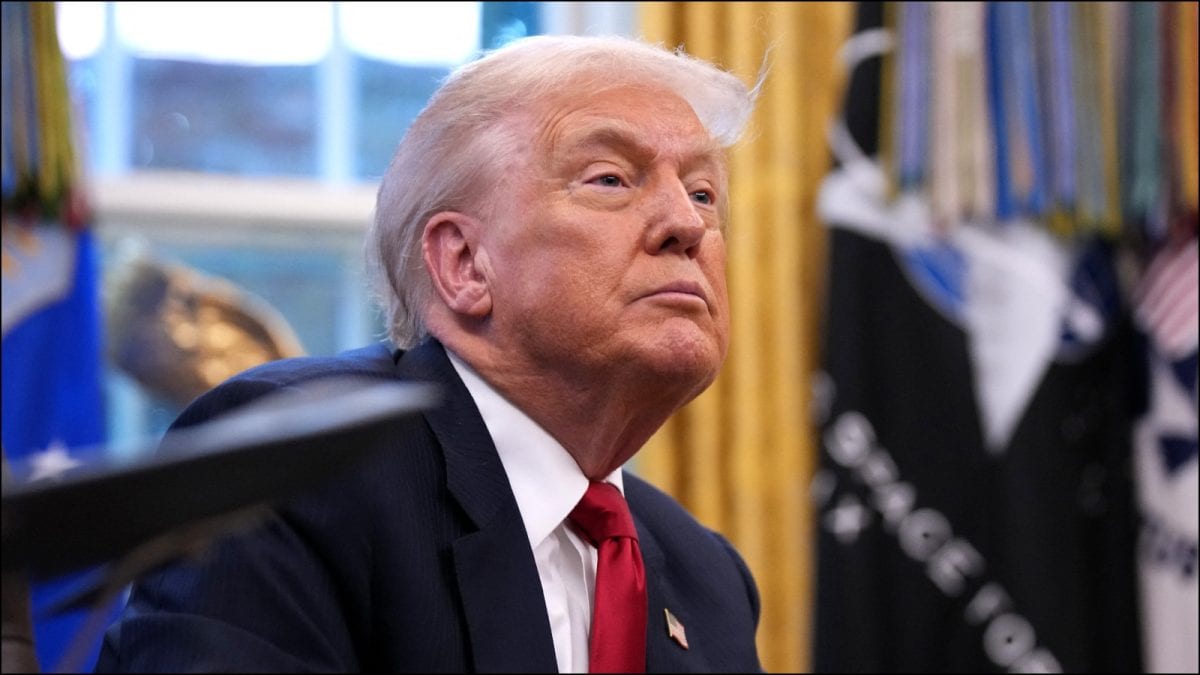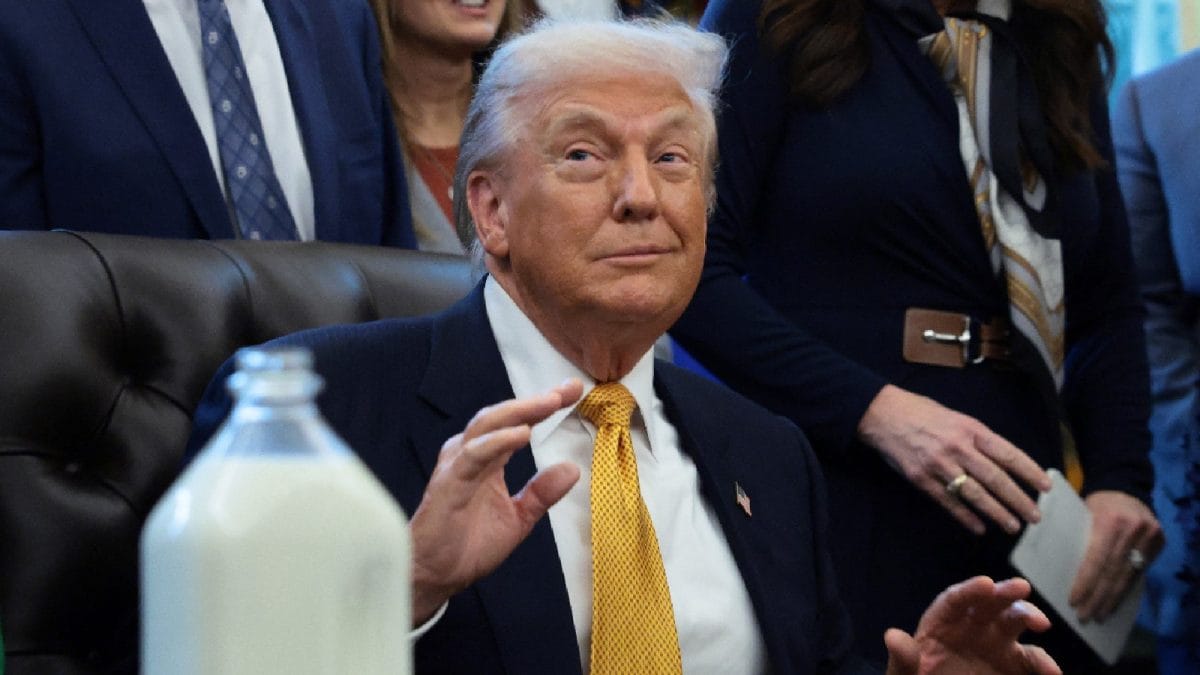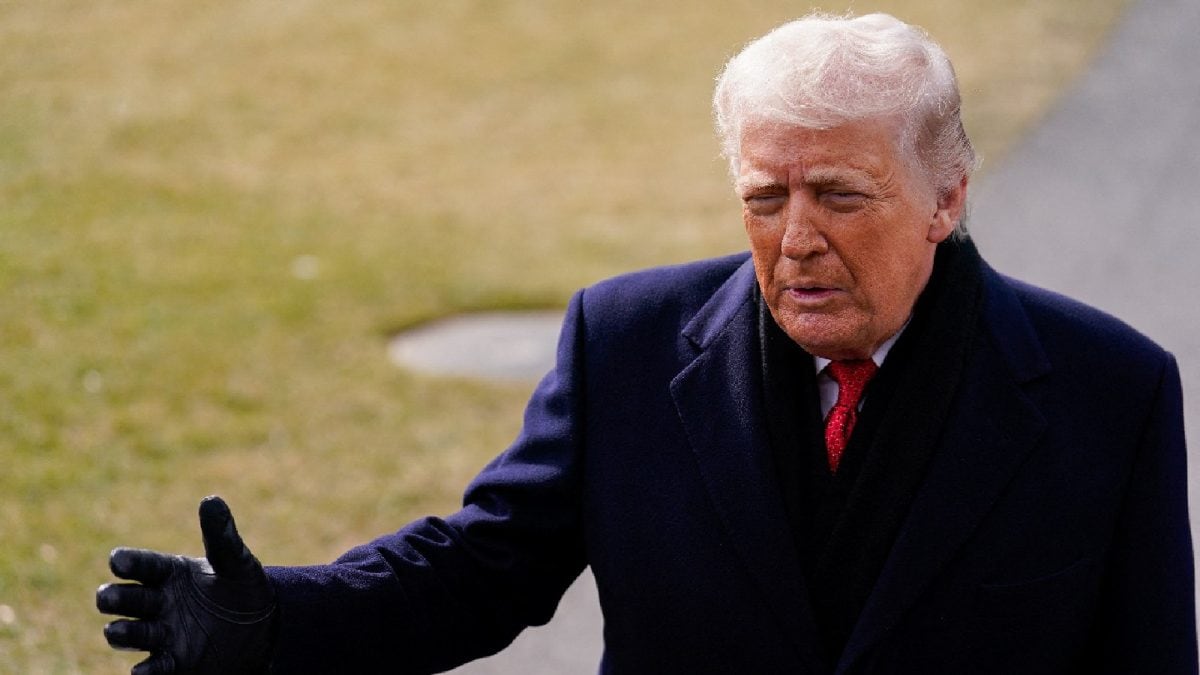'Devastating to think of the lives that could have been saved under a different prime minister'
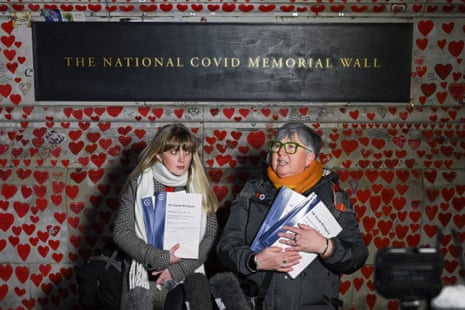
Here’s the first reaction from a bereaved families group. The Covid-19 Bereaved Families for Justice UK says:
“The evidence from the inquiry is clear, and while it is vindicating to see Boris Johnson blamed in black and white for the catastrophic mishandling of the pandemic, it is devastating to think of the lives that could have been saved under a different prime minister.
“We now know that many of our family members would still be alive today if it weren’t for the leadership of Boris Johnson and his colleagues.
“As the report has found, the government’s approach to the pandemic was undermined from the beginning.
“If Johnson had listened to scientific advice and locked down even a week earlier, around 23,000 people could have been saved. Instead, throughout the pandemic, Boris Johnson put his political reputation ahead of public safety.
“He pandered to his critics when the UK needed decisive action.
“In delaying lockdowns he made them longer, more damaging to the economy and less effective, he ignored scientific advice that didn’t fit his agenda, and he ignored the impact of his decisions on the front line, repeating the mistakes of the first wave and prolonging the second.”
Key events 2m ago Nicola Sturgeon says 'buck stopped with me' in response to criticism 32m ago ‘Had the lockdown been a week earlier, my mother would have been saved’ 46m ago Starmer responds to findings 1h ago A quick recap of key findings 1h ago 'Devastating to think of the lives that could have been saved under a different prime minister' 1h ago Sturgeon criticised for 'extremely wide' powers in Scotland's response 2h ago Mistakes repeated with delayed restrictions 2h ago February 2020 'a lost month' with Johnson uninformed on growing crisis 2h ago All four governments failed to respond in time 2h ago Pandemic not taken seriously until it was 'too late' 2h ago Lockdown a week earlier could have saved 23,000 lives 3h ago Covid inquiry report released 3h ago Former Labour MP Lloyd Russell-Moyle joins Greens 3h ago How Home Office would decide whether to cut or lengthen settlement waiting times under new rules 4h ago Chris Philp accuses Mahmood of lifting Tory ideas that Labour voted against when he first proposed them 4h ago Mahmood says settlement reforms needed to show immigration 'can still work' 4h ago Mahmood says, unlike Reform UK and Tories, Labour not proposing to remove settled status retrospectively 4h ago Mahmood says 'Boriswave' migrants already here would have to wait 15 years before they can get settlement 5h ago Mahmood says benefit claimants, and people who arrived illegally, would have to wait more than 10 years for settlement 5h ago Mahmood explains how some migrants could qualify for settlement more quickly, including higher-rate taxpayers 5h ago Mahmood says 4 new criteria will apply to people wanting settlement: no criminal record, A level-type English, NI contributions and no debt 5h ago Mahmood says starting point for settlement to rise from 5 years to 10 years 5h ago Mahmood makes statement to MPs on earned settlement rules 5h ago Mahmood unveils plan to make UK's rules on migrants staying permanently 'by far most controlled and selective in Europe' 6h ago Transport secretary Heidi Alexander rules out 'national pay-per-mile' scheme for electric vehicles in budget 6h ago MoJ to remove right to trial by jury for thousands of cases in controversial overhaul 6h ago No 10 says 'only Ukrainian people can determine their future' after US and Russia draft capitulation peace plan 6h ago Starmer defends government's decision to delay publication of Send review until 2026 7h ago Starmer says school breakfast clubs 'a real gamechanger' as 500 more schools set to benefit from programme 7h ago Rural people feel ignored by government, environment secretary Emma Reynolds told at CLA conference 7h ago Mahmood says No 10 anti-Streeting briefing mishap was 'total car crash' and a 'humiliation' 8h ago Mahmood says she is considering 'big' increase in amount paid to refused asylum seekers to get them to leave voluntarily 9h ago Burnham sets out Greater Manchester's 'new model of economic growth' 9h ago Burnham says UK would benefit from new approach to growth and politics he's promoting in Manchester 10h ago Andy Burnham urges government to rethink plans to make asylum seekers wait up to 20 years for permanent settlement Show key events only Please turn on JavaScript to use this feature
Nicola Sturgeon says 'buck stopped with me' in response to criticism

Libby Brooks
Speaking to reporters at the Scottish parliament former first minister Nicola Sturgeon said it was inevitable, given the unprecedented nature of the pandemic, that “mistakes and misjudgments would be made” and said she would “carry an acute sense of responsibility for this for the rest of my life.”
Addressing the criticism that her leadership was overly centralised, she said that she stood by what she described as a “conscious and deliberate decision to lead from the front and be very clear the buck stopped with me.”
She said she agreed with the Inquiry’s assessment that restrictions should have been introduced earlier, but said that all governments were concerned that earlier implementation might have affected public compliance.
She insisted she tried to work constructively with other leaders across the UK but “it was very difficult with Boris Johnson”.
“He took a particular approach to leadership that I fundamentally disagreed with and it was my job as first minister to take decisions in the best interests of the people of Scotland”
Libby Brooks is the Guardian’s Scotland correspondent

Severin Carrell
The inquiry also chided Sturgeon and other senior figures for making the “inappropriate” and unhelpful claim they were aiming to “eliminate” the Covid virus from Scotland, even though that was “destined to fail” because of its open border with England.
Lady Hallett began her report by describing Sturgeon, then first minister of Scotland, as a “serious and diligent leader who took responsibility” for her decisions but she said the decision to talk of eliminating the virus in late June 2020 was misguided.
There had been no deaths and no new cases that day, however the government’s formal policy at that point was the maximum suppression of the virus. Even so, Sturgeon, Jeane Freeman, her health minister, and Gregor Smith, then chief medial officer, used “elimination” in public and in parliament.
Prof Devi Sridhar, a public health expert at Edinburgh University and an adviser to Sturgeon, had said that created the “unintended consequence” of suggesting to the public that life could return to normal.
The report noted:
“The idea of eliminating the virus from Scotland was inappropriate and destined to fail in the light of an open border with England and there being no agreement with the UK government to close it.
“[It] may also have had another unintended and unfortunate practical effect. Public Health Scotland suggested that the use of different language by the Scottish government to express policy intent led to challenges in its development of guidance.”
Severin Carrell is the Guardian’s Scotland editor
‘Had the lockdown been a week earlier, my mother would have been saved’
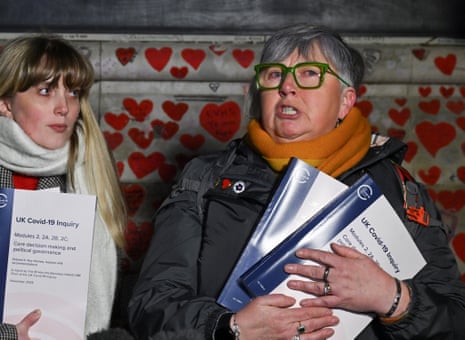
I just want to go back again to Brenda Doherty, who lost her mother, Ruth Burke, in the first weeks of the pandemic. She’s been speaking in the freezing cold this evening to media at the Covid memorial wall along the Thames in London.
The report lays blame squarely at the feet of governments who acted too slowly, she says. Boris Johnson did not enact a lockdown until 23 March.
“My mummy died on 24 March 2020,” she says, her voice breaking.
The report made it clear that had the lockdown been a week earlier, people like my mummy would have been saved.”
Starmer responds to findings
In a written parliamentary statement, Keir Starmer has addressed the failings identified in today’s report of the previous government.
“[It] has found that the Government fell short, with advice lacking proper economic and social modelling, the impact on vulnerable people not sufficiently considered, and the culture in the centre of government described as “toxic”.
He notes that decisions were made in the context of the UK being not properly prepared.
He says: “Since then, improvements have been made to the way the government would respond to a major crisis. That said, it is clear that local government and our public services, including the NHS, are under immense pressure and in many cases have not fully recovered from the pandemic.”
A quick recap of key findings
Frances Mao
About 23,000 deaths could have been prevented if the first Covid-19 lockdown was introduced even a week earlier
Chaotic government response summarised as “too little, too late”. All four governments failed to recognise scale and threat of the virus
Boris Johnson, cabinet ministers and government scientists underestimated or ignored warning signs of the virus’ spread in Italy and China
They made repeat mistakes in delaying action on lockdowns and restrictions, an “inexcusable” action given repeat waves
Johnson was too “optimistic” over pandemic’s trajectory and presided over a “toxic culture” at Downing Street which prevented clear action
Special adviser Dominic Cummings singled out for “destabilising behaviour”
Early health advice to public was “weak”, focusing largely on hand hygiene. Face masks were “positively discouraged”
Key scientists failed to act with enough urgency in government advice
Alcohol-filled parties in Downing Street “undermined public confidence in decision-making”
Children “were not always prioritised” and “suffered greatly from the closure of schools and requirement to stay at home”. The pandemic “brought ordinary childhood to a halt”.
'Devastating to think of the lives that could have been saved under a different prime minister'

Here’s the first reaction from a bereaved families group. The Covid-19 Bereaved Families for Justice UK says:
“The evidence from the inquiry is clear, and while it is vindicating to see Boris Johnson blamed in black and white for the catastrophic mishandling of the pandemic, it is devastating to think of the lives that could have been saved under a different prime minister.
“We now know that many of our family members would still be alive today if it weren’t for the leadership of Boris Johnson and his colleagues.
“As the report has found, the government’s approach to the pandemic was undermined from the beginning.
“If Johnson had listened to scientific advice and locked down even a week earlier, around 23,000 people could have been saved. Instead, throughout the pandemic, Boris Johnson put his political reputation ahead of public safety.
“He pandered to his critics when the UK needed decisive action.
“In delaying lockdowns he made them longer, more damaging to the economy and less effective, he ignored scientific advice that didn’t fit his agenda, and he ignored the impact of his decisions on the front line, repeating the mistakes of the first wave and prolonging the second.”
Sturgeon criticised for 'extremely wide' powers in Scotland's response

Severin Carrell
Nicola Sturgeon has been chastised for failing to consult the Scottish cabinet about “very significant” decisions she took during the pandemic, such as the decision to close schools, which diminished the cabinet’s role and reduced her accountability, the inquiry found.
The report said Sturgeon, then Scotland’s first minister, and her deputy John Swinney, who is now first minister, had taken “extremely wide” powers and used a gold command structure rather than consulting fellow ministers about their decisions.
“The use of the informal gold command meeting structure diminished the role of the Scottish cabinet and reduced the transparency of the Scottish government’s decision-making during the pandemic. It also deprived decision-makers of a wide range of views. The Scottish cabinet frequently became a decision-ratifying body, not the ultimate decision-making body.
“The Scottish cabinet should have been involved to a greater degree in decision- making in Scotland. This would have ensured greater transparency and enhanced accountability for decisions taken by the gold command and, increasingly, Ms Sturgeon.”
Lady Hallett’s report said the cabinet had previously found the evidence for closing schools was “not yet clear” but the next day Sturgeon and Swinney decided to close them, despite cabinet agreeing to keep that decision under review. It said:
“Although the situation was rapidly deteriorating, the cabinet should have been sufficiently agile and engaged to play its central role in decision-making and not be sidelined in this way.”
Kate Forbes, the current deputy first minister, told MSPs on Thursday the government would carry out a “thorough and thoughtful review” after it had time to study the report and its findings.
She did not comment directly on the accusations of sidelining cabinet, but said: “we are committed to learning from the past” and acknowledged “the loss, hurt and suffering of people right across Scotland” during the pandemic.
Murdo Fraser, speaking for the Scottish Conservatives, said Forbes had admitted to the Covid inquiry she was often shut out of significant decisions during the pandemic, even though she was then finance secretary.
This meant “the absurd boast that this government is committed to transparency is an insult to those who lost loved ones out of respect to them and all Scots.”
Mistakes repeated with delayed restrictions

Jessica Murray
Even after a lockdown was imposed on 23 March, the report said, mistakes were repeated, including what it called an “unwise” exit from restrictions that summer, pushed in part by Rishi Sunak, the then-chancellor.

When a second wave swept the UK, a new lockdown was again delayed, with all the four UK governments saying restrictions could ease over Christmas, giving people “false hope”, as the report put it.
It’s “inexcusable” that the mistakes were made again, says Baroness Heather Hallett, author of the report.

Just some background for readers, although most likely we all remember it well: The UK suffered one of the deadliest Covid outbreaks in Europe, with about 240,000 virus-related deaths.
This report today is the second from Baroness Heather Hallett, who is overseeing a national inquiry into all aspects of the response and handling of the pandemic.
The inquiry began two years ago and is due to run until 2027. The current focus is on children.
February 2020 'a lost month' with Johnson uninformed on growing crisis

Jessica Murray
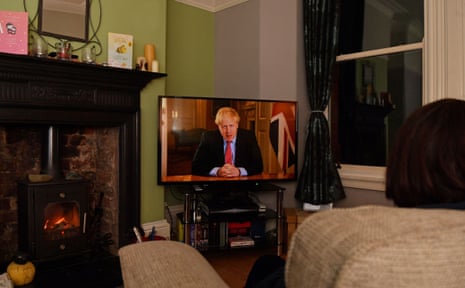
It was “surprising” that Johnson did not do call a Cobra meeting before March, the report’s authors say, with some understatement.
“Mr Johnson should have appreciated sooner that this was an emergency that required prime ministerial leadership to inject urgency into the response.”
This was explained in part by the PM “acting in accordance with his own optimistic disposition” and accepting assurances that everything necessary was being done.
Many of these assurances came from Matt Hancock, the health secretary, described by the report as having as reputation “for overpromising and underdelivering”.
February 2020 was “a lost month” and the lack of urgency overall in government was “inexcusable”, the report found.
During the February school half-term, Johnson spent the whole week at the government’s Chevening country retreat, the report says, adding: “It does not appear that he was briefed, at all or to any significant extent, on Covid-19 and he received no daily updates.”
By the second week of March, the report said, the situation was “little short of calamitous”, with no proper plan, no testing taking place and thus no understanding about how far the virus had spread.
All four governments failed to respond in time

Peter Walker
While perhaps the most stinging criticism is directed at Johnson and his team, notably his then adviser Dominic Cummings, the report also targets the three devolved governments and scientific advisers.
The inquiry finds that the response of the four governments repeatedly amounted to a case of ‘too little, too late’.
The failure to appreciate the scale of the threat, or the urgency of response it demanded, meant that by the time the possibility of a mandatory lockdown was first considered it was already too late and a lockdown had become unavoidable.”
Many of the same mistakes – reacting too slowly and underestimating the speed and impact of Covid’s spread – were then repeated later in 2020, as restrictions were lifted and then belatedly reimposed in the face of infectious new strains, the report adds, calling this “inexcusable”.
Pandemic not taken seriously until it was 'too late'

Peter Walker
The first volume of the report gives a chronology of the crisis, from the start of 2020 to the final lifting of restrictions, pointing to a consistent picture of inaction despite ever-mounting evidence about a new virus that was spreading around the globe and could be transmitted between people.
Events like the early Covid crisis in Italy “should have prompted urgent planning across the four nations”, the report said, adding:
“Instead, the governments did not take the pandemic seriously enough until it was too late. February 2020 was a lost month.”
Lockdown a week earlier could have saved 23,000 lives
My colleagues Peter Walker and Jessica Murray have more detail:
The UK’s response to Covid was “too little, too late”, a damning official report into the handling of the pandemic has concluded, saying the introduction of a lockdown even a week earlier than happened could have saved more than 20,000 lives.
Detailed in more than 750 pages across two volumes, the findings of the second part of the Covid inquiry’s hearings, into how Boris Johnson’s government handled the pandemic, paint a consistent picture of delay, inaction and a seeming inability to learn lessons.
The narrative about the start of the pandemic in early 2020 is particularly brutal, describing February as “a lost month”. It questions why Johnson failed to chair a single meeting of the Cobra emergency committee that month, noting also that the response to Covid essentially halted during the half-term holiday week.
While acknowledging that the decision to impose a lockdown was unprecedented and hugely difficult, taking other action to curb the spread of the virus sooner could have meant one might have been avoided, or at least have been shorter, it said.
By the time a lockdown was inevitable, the inquiry authors went on, if it had been imposed on 16 March, a week earlier than took place, modelling suggested this could have cut the number of deaths in England in the first wave of the virus by almost half, equating to 23,000 lives saved.
Covid inquiry report released
The official report into how the UK government tackled the coronavirus pandemic has just been published.
It is a damning assessment, and finds that there were multiple delays and inaction, and failures by those in charge to learn lessons through successive waves.
More detail soon.

Andrew Sparrow
Sonia Lenegan has posted a good analysis of the earned settlement plans at Free Movement, a blog covering immigration law. This is her conclusion.
The paper is fairly explicit that the target here is the number of people on health and care visas. So it is low earners and our carers who the government is proposing to force into additional expensive applications and a longer period of instability before they are able settle, contrary to the rules under which they made the decision to uproot their lives and move to the UK.
I am aware that there is a view that people who are already here but have not yet reached the point where they are eligible for settlement are fair game, and some will argue that their inclusion means these changes are not retrospective. But I think that it is important to remember that many if not most of these people will have had a choice about where to move. They chose the UK, based on rules which would allow them to settle after five years. Changing those rules on them now is simply unfair and transitional arrangements are essential.
That is all from me for today. Frances Mao is now taking over.

 1 month ago
1 month ago
